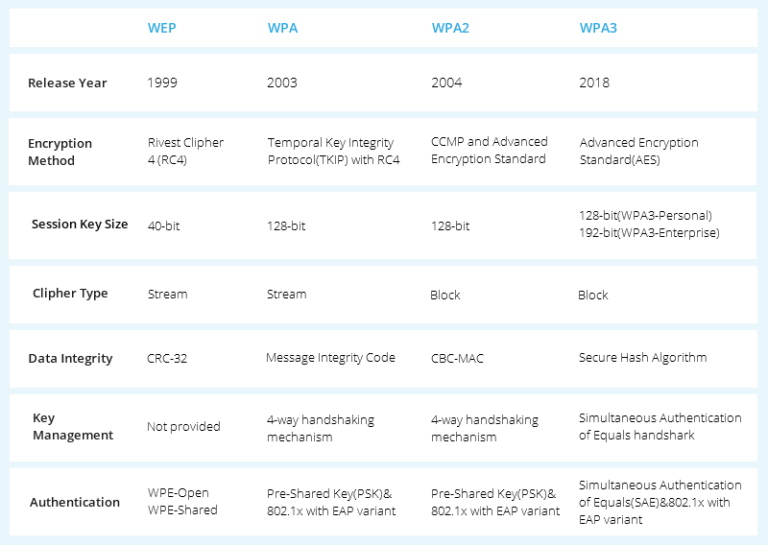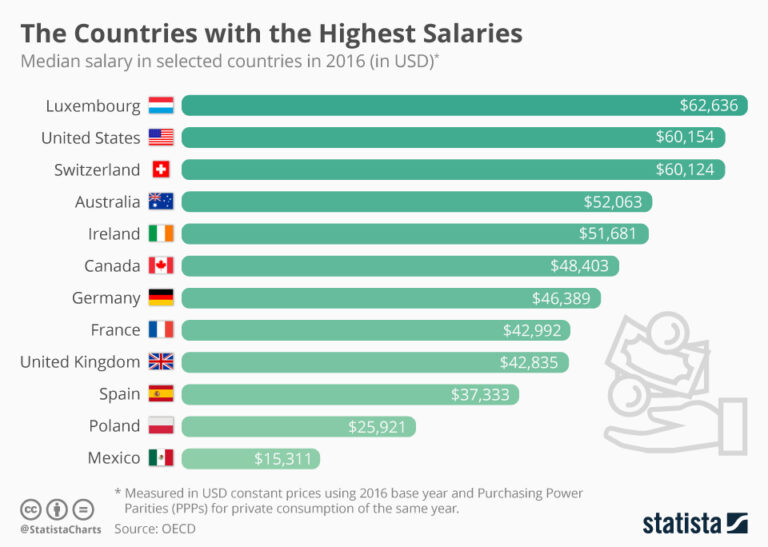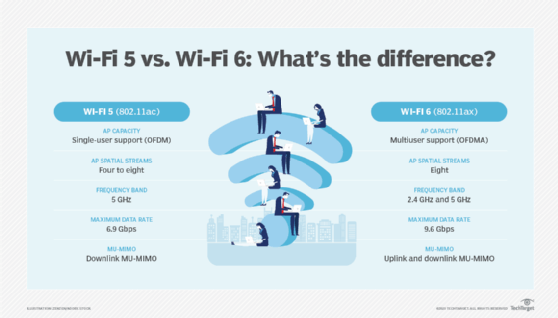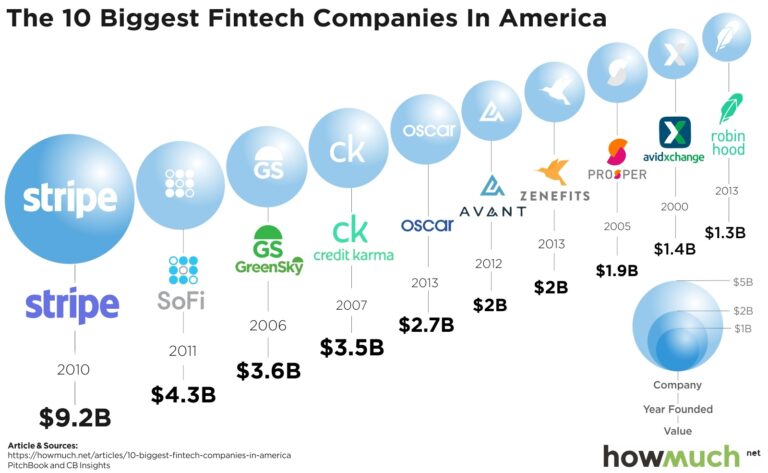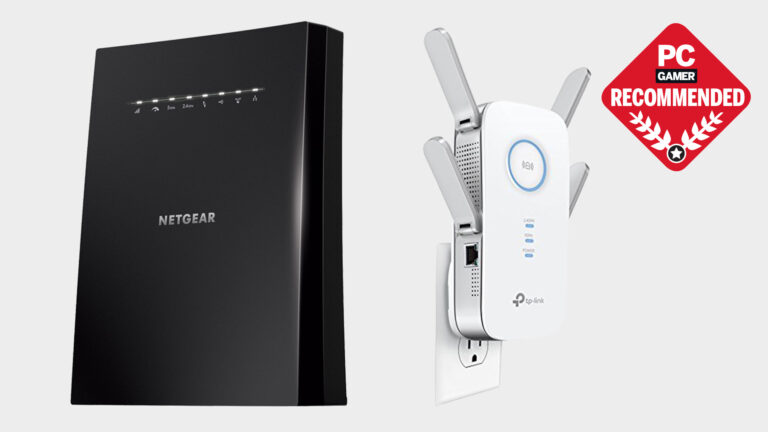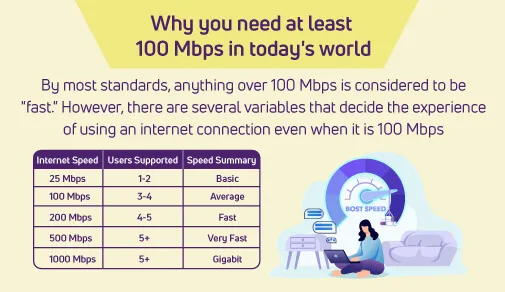Is Binance A Web3 Company?
Binance is a leading cryptocurrency exchange platform that enables users to trade cryptocurrencies and digital assets. It has become one of the largest exchanges in the world, with over 200 trading pairs and more than 10 million users. Binance also offers a variety of services including a mobile app, a web-based trading platform, and the Binance Chain, a public blockchain. In addition, Binance has recently announced its commitment to Web3, a decentralized platform for building and deploying blockchain applications. With its commitment to Web3, Binance seeks to provide users with a secure and transparent platform for trading digital assets and conducting transactions. By leveraging the power of Web3, Binance hopes to revolutionize the way users interact with digital assets and promote the development of the decentralized finance (DeFi) sector.
Overview of Web3 Companies
Web3 companies are those that leverage the potential of blockchain technology for the development of decentralized applications and distributed ledger solutions. These companies are generally focused on utilizing the open-source software and protocols to create something new, rather than making use of existing proprietary platforms. Binance, a leading global cryptocurrency exchange, is one such company that is actively exploring the possibilities of Web3 technology.
The Web3 ecosystem is comprised of a vast array of different projects, tools, services, and platforms that are all designed to facilitate the development of distributed applications and protocols. Binance has been involved in a number of these projects, such as developing a decentralized exchange and a blockchain-based gaming platform. In addition, the company has also been investing in various Web3 projects, such as smart contract platforms, decentralized storage solutions, and other blockchain-based technologies.
By leveraging the potential of Web3 technology, Binance has been able to create innovative solutions that have enabled it to stay ahead of the competition and remain a leader in the crypto space. While the company may not be considered a “Web3 company” per se, its investment in and involvement with various Web3 projects is a testament to its commitment to staying at the forefront of blockchain technology.
What is Binance?
Binance is the world’s leading cryptocurrency exchange platform, founded in 2017 by Changpeng Zhao. It enables users to trade digital assets such as Bitcoin, Ethereum, and many more. It is one of the most popular exchanges and is known for its low fees, high-security standards, and fast transaction speeds. In addition to its exchange services, Binance also offers a host of other products such as Binance Chain, Binance Smart Chain, Binance DEX, and most recently, Binance Web3.
So, is Binance a Web3 company? Binance Web3 is a suite of decentralized financial services and products that are built on the Ethereum and Binance Chain networks. Binance Web3 services provide users with access to a range of decentralized applications (DApps) and protocols that enable them to interact with the blockchain. These services and products are designed to enable users to build and deploy their own DApps, create tokens, and access DeFi services. With Binance Web3, users can also trade digital assets, manage their crypto portfolios, and access DeFi services in a secure and private manner.
In conclusion, Binance is not only an exchange platform, but a Web3 company as well. With its suite of products and services, Binance Web3 provides users with the tools and infrastructure they need to access DeFi services, build and deploy their own DApps, and manage their crypto portfolios. Thus, Binance is indeed a Web3 company.
Binance’s Role in the Web3 Ecosystem
The cryptocurrency industry has been rapidly evolving over the past few years, with the emergence of Web3 technology being one of the biggest changes. Web3 is the technology that powers decentralized applications (dApps) and is seen as the foundation of a new internet, where users interact directly with each other without third-party intermediaries. Binance is at the forefront of this change and has been actively involved in the development and growth of the Web3 ecosystem.
Binance has invested significantly in the development of the Web3 protocol, including providing resources for developers to build dApps. Additionally, Binance has a number of partnerships with Web3 projects, such as Polkadot and Ethereum, to help further the development of the industry. Binance has also created its own Web3-based platform, Binance Smart Chain, which is a blockchain-powered smart contract platform that supports decentralized applications.
Binance is also a key player in the Web3 space due to its innovative products and services. Binance has launched a number of products that are tailored towards Web3 users, such as the Binance DEX, which is a decentralized exchange that allows users to trade cryptocurrencies without the need for a trusted third-party. Additionally, Binance has launched a range of products such as staking and lending services that are designed to help users earn passive income from their digital assets.
In conclusion, Binance is not only a major player in the cryptocurrency industry, but it is also actively involved in advancing the Web3 ecosystem. Binance’s investments and partnerships are helping drive the development of Web3 technology, while its innovative products and services are helping to make it more accessible to users around the world.
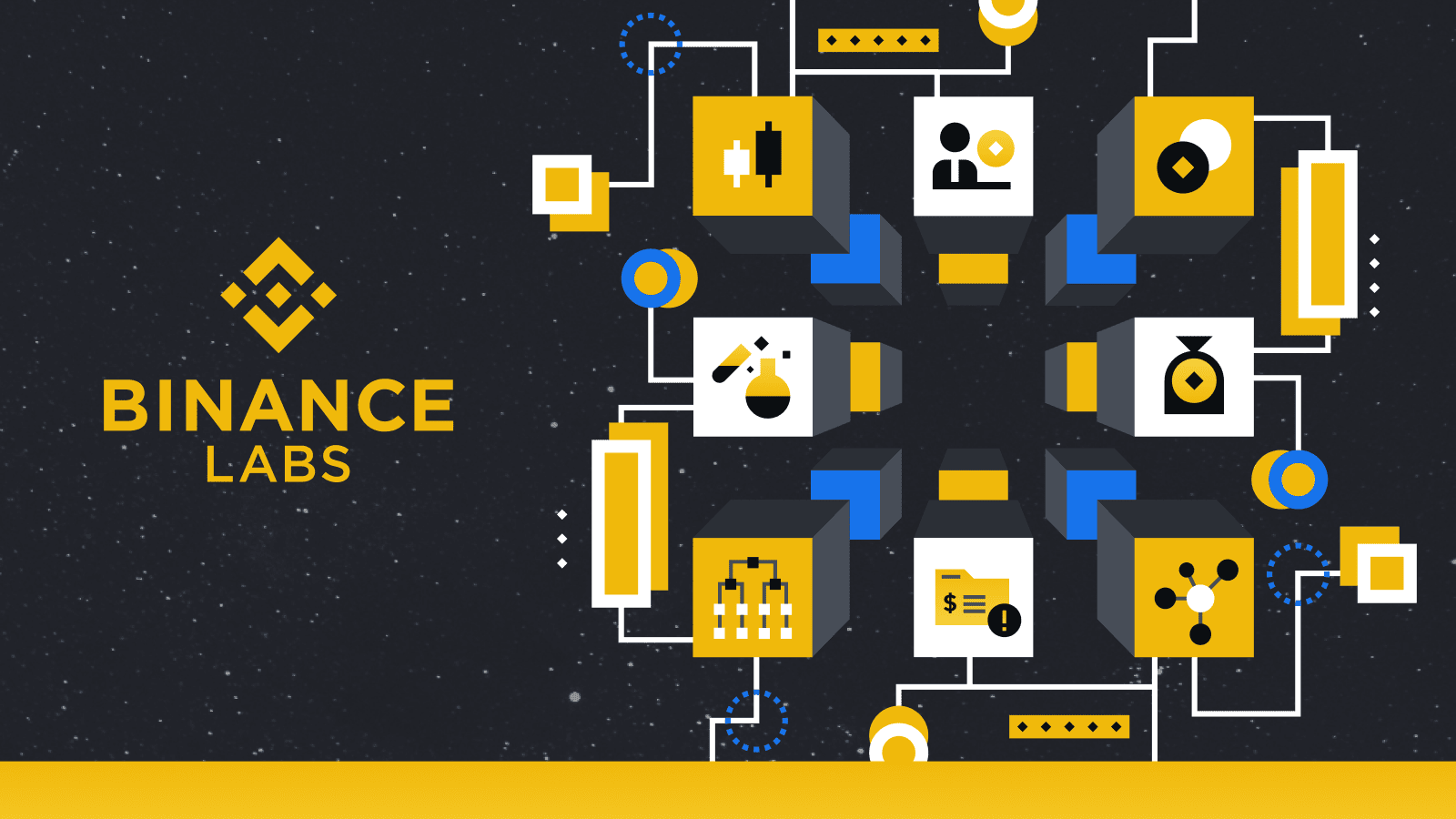
Benefits of Web3 for Binance
The world of cryptocurrency is constantly evolving, and as new technologies and platforms come into play, companies must adapt to stay competitive. One of the latest developments in this space is Web3, and many of the top crypto exchanges, such as Binance, are taking notice. In this article, we’ll explore the potential benefits that Web3 could bring to Binance and how it could position the company for long-term success.
First, Web3 is the latest iteration of web technology, and it promises to deliver greater levels of security, scalability, and flexibility. This means that companies like Binance can use Web3 to increase the efficiency and speed of their services, while also providing customers with a more secure and robust platform. Additionally, Web3 technology could provide Binance with better access to liquidity and the ability to offer more complex services.
Second, Web3 could also enable Binance to make use of new and emerging technologies such as Decentralized Finance (DeFi) and smart contracts. By utilizing these technologies, Binance could potentially offer its customers a more secure and efficient way to transact, and it could also make the platform more competitive by providing more options and features than its competitors.
Finally, Web3 could also help Binance become a leader in the emerging field of Web3-based services. By leveraging its expertise in the space and developing innovative solutions, Binance could become a sought-after partner for other companies looking to enter the Web3 space. This could help Binance expand its customer base and create more value for its shareholders.
In conclusion, Web3 could offer a wide range of potential benefits to Binance. From increased security and scalability to the ability to offer more complex services, Web3 could help Binance become an industry leader in the Web3 space. With its expertise and innovative solutions, Binance could become a sought-after partner for other companies looking to enter the Web3 space and create more value for its customers and shareholders.
Challenges Facing Web3 Companies
Web3 companies are driving the future of the digital economy, but there are various challenges they face in order to reach their full potential. This includes the lack of public trust, the need for better scalability, and the need to overcome the barrier of entry.
Public trust is essential for Web3 companies to succeed, as trust is the foundation of any digital economy. To gain public trust, Web3 companies must ensure that their protocols are secure, reliable, and transparent. Additionally, they must be able to protect the privacy of their users and ensure that their data is secure.
Scalability is another key challenge for Web3 companies. As the digital economy grows, Web3 companies must be able to scale up their protocol and infrastructure in order to handle more transactions and users. This is a difficult task, as it requires a significant investment in infrastructure and technology.
Finally, Web3 companies must overcome the barrier of entry. This means providing an easy and intuitive user experience that is accessible to everyone. Additionally, Web3 companies must provide educational resources to teach users about their protocol and how to use it. This will allow new users to become comfortable with the technology and understand how to use it correctly.
These are just some of the challenges facing Web3 companies as they strive to become the foundation of the digital economy. In order to succeed, Web3 companies must be able to overcome these challenges and create a reliable, secure, and intuitive platform for their users. Binance is one Web3 company that is committed to doing just that.
Conclusion
Binance is one of the leading cryptocurrency exchanges in the world and is continuing to grow in size and popularity. While it is not a web3 company, it does have a strong presence in the decentralized space and has been working to develop its own blockchain-based projects. With its strong commitment to innovation, it is likely that Binance will continue to evolve and expand its offerings, becoming a major player in the web3 space. As the world continues to adopt blockchain technology, Binance will be well-positioned to take advantage of new opportunities.
FAQs About the Is Binance A Web3 Company?
1. What is a Web3 company?
A Web3 company is a company that embraces the decentralized, open-source technologies of blockchain technology and decentralized finance (DeFi) to provide innovative and disruptive services and products.
2. How is Binance involved in Web3?
Binance is heavily involved in the Web3 ecosystem, from providing infrastructure for DeFi projects to providing a platform for dApps to be built on. Binance also supports the development of the Web3 stack, such as developing its own decentralized exchange (DEX) and building out its own blockchain, Binance Chain.
3. What services does Binance offer related to Web3?
Binance offers a suite of DeFi services, such as its DEX and its Binance Smart Chain, which supports DeFi applications and smart contracts. Binance also offers a platform for developers to build dApps and an infrastructure for projects to launch their tokens.
Conclusion
Based on the evidence presented, it is clear that Binance is not a Web3 Company. While they have taken some steps towards Web3-based technology, such as launching their own blockchain platform and allowing users to trade cryptocurrencies, they have not adopted any of the core principles that define Web3 companies. They have not made any public commitments to decentralization, open-source development, or user data protection. Ultimately, Binance is an exchange platform that is focused on providing a secure and efficient trading experience for its users, rather than a Web3 company.

